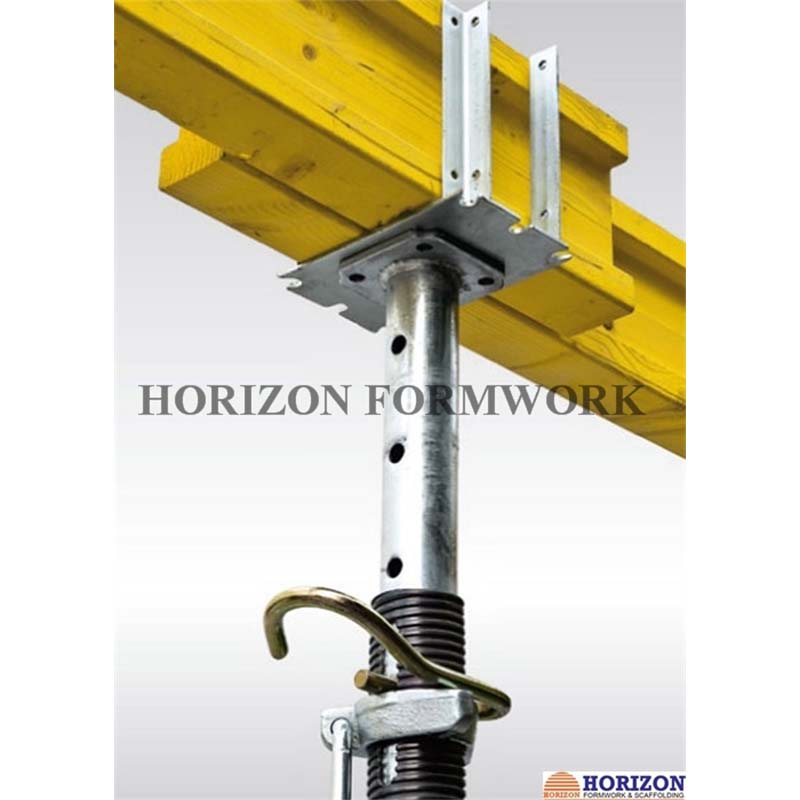Aug . 20, 2024 19:14 Back to list
Interior Scaffolding Solutions for Safe and Efficient Construction Projects
The Role of Interior Scaffolding Suppliers in Modern Construction
In the ever-evolving landscape of construction, the need for safe and efficient access solutions has led to the increased reliance on interior scaffolding suppliers. These suppliers play a crucial role in providing the necessary equipment that enables contractors to perform their jobs effectively while ensuring safety and compliance with regulatory standards.
Interior scaffolding is defined as a temporary structure used to support workers and materials during the construction, renovation, or maintenance of buildings. Unlike traditional scaffolding used in outdoor projects, interior scaffolding is designed with a focus on compactness and maneuverability, allowing it to fit within the constraints of confined indoor spaces. This is particularly important in projects such as office refurbishments, residential renovations, and installations of fixtures in commercial properties.
One of the primary advantages of working with a reputable interior scaffolding supplier is the diversity of options available. Suppliers often offer a variety of scaffolding systems, including modular scaffolding, rolling scaffolds, and frame scaffolding, catering to different project requirements. Modular scaffolding systems, for example, are highly adaptable and can be configured in various ways to suit specific tasks, making them ideal for projects with unique designs and layouts.
interior scaffolding supplier

Safety is paramount in construction, and interior scaffolding suppliers play a vital role in ensuring that all scaffolding solutions meet stringent safety regulations. Many suppliers provide safety training and resources to contractors, which helps mitigate the risks associated with working at heights. Additionally, suppliers often conduct thorough inspections of their equipment, ensuring that all components are in excellent condition before they are delivered to the job site. This commitment to safety protects not only the workers but also the integrity of the work being performed.
Moreover, the logistics of scaffolding are a significant challenge in interior projects. Interior scaffolding suppliers assist contractors by delivering the scaffolding equipment directly to the job site, which streamlines the workflow and ensures that workers have immediate access to the necessary tools. Efficient logistics can significantly reduce the time needed for setup and disassembly, which ultimately leads to cost savings on the project. Suppliers often offer flexible rental agreements, allowing contractors to rent equipment only for the duration needed, further enhancing financial efficiency.
Sustainability is becoming more integral to construction practices, and leading interior scaffolding suppliers are adopting eco-friendly practices. Many companies are investing in scaffolding made from recycled materials or implementing systems designed to minimize waste during installation and teardown. By prioritizing sustainability, these suppliers not only contribute to environmental preservation but also appeal to a growing demographic of eco-conscious clients.
In conclusion, the importance of interior scaffolding suppliers in modern construction cannot be overstated. They provide the essential tools and resources that enable workers to perform their tasks safely and efficiently within confined spaces. With a diverse range of scaffolding systems, commitment to safety, logistical support, and a focus on sustainability, these suppliers are indispensable partners for contractors undertaking interior projects. As the construction industry continues to evolve, the demand for reliable interior scaffolding solutions will only grow, making the role of these suppliers even more critical.
-
High-Quality U Head Jack Scaffolding – Reliable Scaffolding Jack Head Manufacturer & Factory
NewsJul.08,2025
-
High-Quality I Beam H20 Leading Timber Beam H20 Material Factory, Exporters & Manufacturers
NewsJul.08,2025
-
High-Quality Powder Coating Steel Formwork - Durable & Corrosion Resistant Solutions
NewsJul.07,2025
-
Inclined Column Formwork Supplier – Durable & Precise Solutions for Unique Structures
NewsJul.07,2025
-
High-Quality Water Stop Solutions Trusted Water Stop Company & Suppliers
NewsJul.07,2025
-
High-Quality Formwork Material Supplier Reliable Manufacturer & Factory Solutions
NewsJul.06,2025